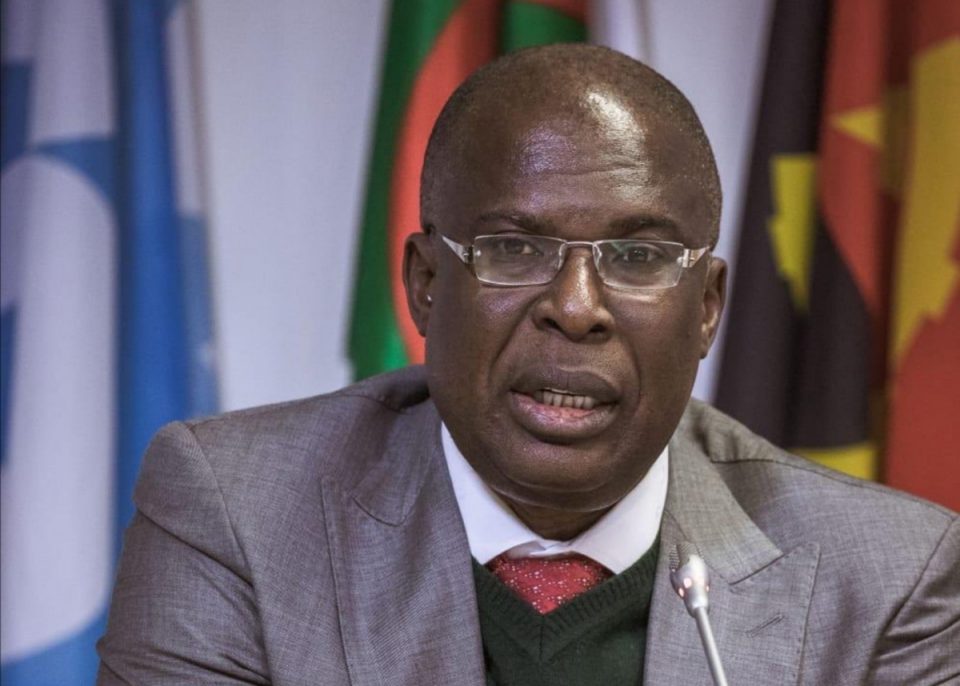With continuous borrowing to finance budgetary allocations, while depleting excess crude account and eroding gains of crude oil price increase, stakeholders have insisted that Nigeria has no option than to fully deregulate the downstream sector.
Though the Federal Government had since March last year, announced the deregulation of the sector to unlock economic potential, the development met deadlock earlier this year as labour unions locked horns with the government on the decision.
Having survived two economic recession recently, coupled with the impacts of Covid-19 pandemic, subsidy removal and the deregulation of the Petroleum downstream were among the measures the government sought to free up funds for developmental projects.
Government estimates showed that the country might be losing as much N120 billion monthly to offset the actual cost of every litre of premium motor spirit.
Stakeholders in the energy sector, who had raised the alarm on implications of the move, said projected benefits from the deregulated downstream sector of the petroleum industry faces a further threat, as a result of the inconsistency on the Petroleum Industry Bill.
While the price of crude maintains steady recovery in the international market trading above $70 yesterday, industry stakeholders, who spoke with The Guardian insisted the government may run aground if nothing is done with subsidy payment.
They stressed the need to adopt alternative sources of energy, especially Liquefied Petroleum Gas (LPG, Autogas) and Compressed Natural Gas (CNG), noting that apart from being a cheaper source, gas would offer a better option for the environment.
The Minister of State for Petroleum, Timipre Sylva, had in January announced a N95-N97 per Standard Cubic Metre (SCM) price point for CNG, making it N50 cheaper than PMS and begging the question on the need for autogas.
The Petroleum Product Pricing Regulatory Agency (PPPRA) had told The Guardian that a downstream sector where refining, supply, and distribution of petroleum products are self- sustaining and self-financing remained sacrosanct.
To ensure the sustainability of the policy, the agency noted that it would continue to serve as watchdog to the entire downstream sector in line with its mandate.
It also said it would collaborate with relevant agencies to ensure strict compliance to extant regulations to make the country’s downstream sector become the hub of activities in West Africa.
While the Federal Government and labour unions are yet to reach a pact of the pump price, leading petroleum economist, Prof. Wunmi Iledare insisted that the subsidy is “dangerous to the economy.
According to him, it remains unsustainable and denies funding for critical infrastructure, energy, road, water and education.
“The inconsistencies are mind-boggling. Time is of essence and waits for no one. Price deregulation and privatisation do not imply absence of regulation. Effective regulation is a necessary condition for the elimination of market failures,” he said.
Energy expert, Michael Faniran stated that subsidy on petrol favours the rich with high levels of consumption compared to the poor, stressing that there is need for the masses to canvas for subsidy removal.
“I would rather that the country subsidize production and not consumption. The poor are actually subsidizing the lifestyle of the rich and the middle class,” Faniran said.
He said market realities must be allowed to rule the pump price instead of fixing prices, adding that ensuring transparency of the components of the prices that consumers pay at the pump must be prioritized.
“Pump prices should be dictated by market forces but with protection of consumers by the necessary agencies of government. The prices should be allowed to move based on the dynamics across the value chain,” he noted.
Former Program Coordinator – Nigeria Natural Resource Charter, Tengi George-Ikoli noted that being heavily indebted and relying on the oil sector to fund debt obligations, while income from oil production is limited by OPEC restrictions, subsidy payment would worsen the prevailing situation.
“The economy has not fully recovered from the effects of Covid-19 and it is unlikely to fully recover for some years. The Government’s stated deregulation policy in March 2020 was in recognition of Nigeria’s inability to sustain the subsidy payments to the ‘few’. Nigeria’s fiscals have only worsened given the effects of the pandemic, fall in oil prices and our increased debt in that period. If subsidy remains, the government has inadvertently reversed its deregulation policy and taken Nigeria a number of steps back,” she said.




